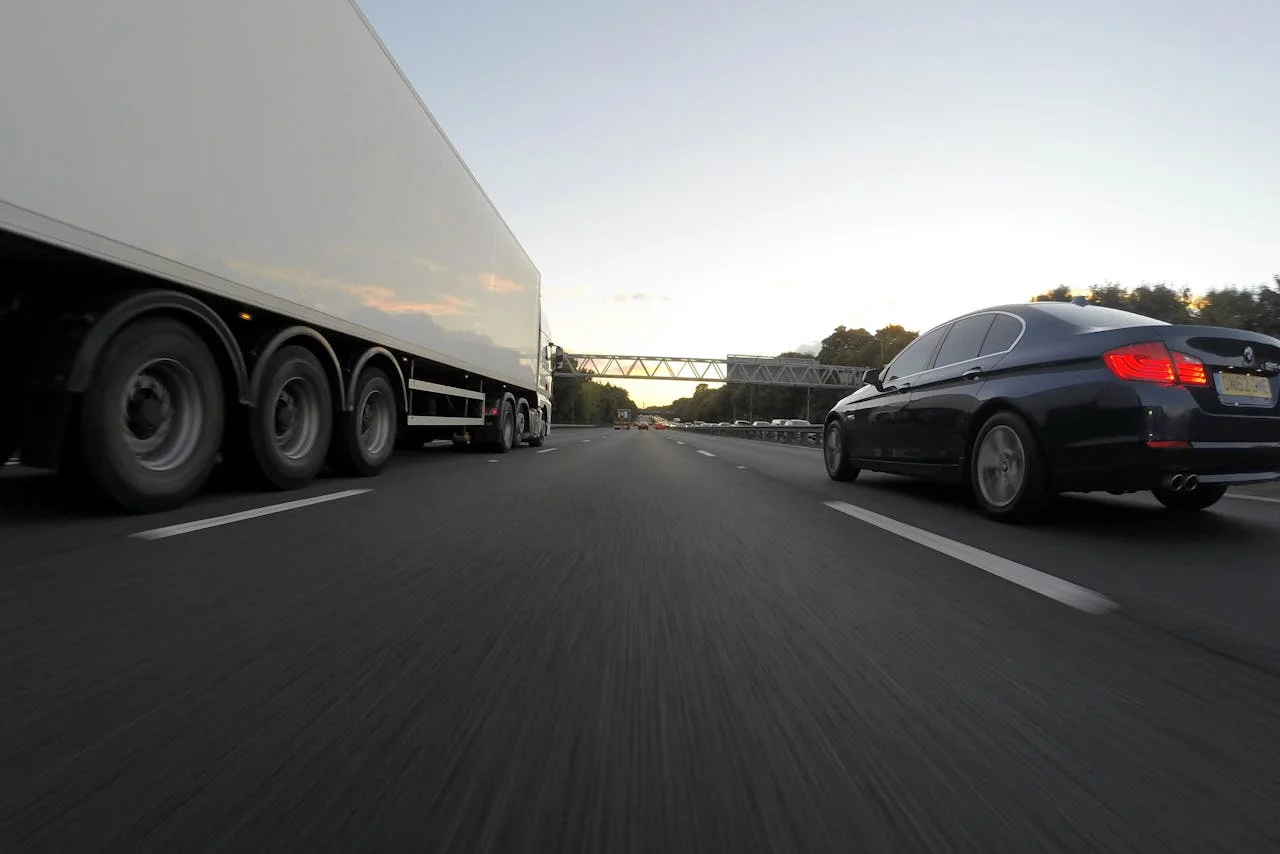
What does the drive transition mean for a major fleet operator? What can be implemented today, and how does it impact operations when a fleet grows from ten to over a thousand trucks? The transition of a large truck fleet occurs in stages, as even large operators prefer to gather experience before advancing. This approach is exemplified by Große-Vehne, a corporate network operating throughout Europe with approximately 1,200 trucks, 90 percent of which are from Mercedes-Benz. Successful transition depends on various factors including vehicle range, grid capacity, and charging infrastructure. Additionally, electric vehicles must be cost-competitive with diesel trucks.
GV Trucknet collaborates closely with Mercedes-Benz Trucks on these aspects, establishing initial routes for electric trucks and planning more. Christoph Forcher, eConsultant at Mercedes-Benz Trucks, emphasizes the complexity of converting large fleets to alternative drives and values the openness of long-standing customers like Große-Vehne to new technologies. He views their role as supporting these customers from the outset to ensure a successful transition to zero-emission trucks.
René Große-Vehne, Managing Director of GV Management, highlights the company’s commitment to the drive transition and climate protection. He stresses the importance of testing multiple technologies, including batteries and hydrogen drives, and points out that electromobility depends not only on suitable vehicles but also on charging infrastructure and energy generation.
Deploying the eActros 300 Lowliner for Electric Delivery
Two lowliner-variant eActros 300 trucks will be deployed on new routes. These Mercedes-Benz semitrailer tractors, with battery electric drives, can pull megatrailers with an internal height of three meters, commonly used in automotive logistics. They will travel between GV Trucknet’s location in Kornwestheim near Stuttgart and the Mercedes-Benz truck plants in Wörth and Gaggenau. Mercedes-Benz Trucks plans to fully electrify delivery traffic to the Wörth plant by 2026, extending the process to other German plants later. Logistics partners like GV Trucknet play a central role in this development.
The eActros 300 can travel up to 220 kilometers on a single charge, allowing drivers to avoid intermediate charging. They will use charging stations at GV Trucknet and Mercedes-Benz Trucks’ locations, including a 160 kW station at Kornwestheim and a charging park at the Mercedes-Benz Trucks plant.
Expanding Electric Fleet for Mercedes-Benz Group AG
Große-Vehne Spedition has been using two eActros 300 semitrailer tractors for automotive logistics between Bad Cannstatt and Sindelfingen, covering around 180 kilometers daily. Until the planned charging infrastructure is ready, they charge at a truck stop. GV Trucknet plans to add more electric trucks to their fleet and is in discussions with other customers. They are interested in deploying electric and hydrogen mobility and alternative fuels, including the eActros 600 for long-distance haulage and the hydrogen-powered GenH2 Truck.
Growing Demand for Environmentally Friendly Logistics
Große-Vehne observes increasing interest in environmentally friendly logistics services among customers, driven by climate and environmental targets and reporting obligations under the new Corporate Sustainability Reporting Directive (CSRD). Logistics is receiving greater attention as companies strive to reduce CO2 emissions.
The entire upper management at Große-Vehne supports CO2 neutrality. GV Trucknet has been fully CO2 neutral since 2018, compensating unavoidable emissions by planting a million trees.
Policy Demands: Infrastructure and Planning Reliability
GV Trucknet has utilized grants from the German federal government’s KsNI subsidy program for electric trucks and charging infrastructure, making their deployment economically attractive. However, conditions for depot charging infrastructure vary, so companies may build electric fleets where conditions are most favorable. Große-Vehne is also considering photovoltaic installations to power vehicles with solar electricity.
René Große-Vehne believes CO2 neutrality is achievable at a federal level by 2045, but calls for more support for the transportation and logistics sector. This includes building a nationwide charging infrastructure and ensuring planning reliability. Zero-emission trucks are currently exempt from CO2-based road tolls only until the end of 2025, which is insufficient for the necessary investments. Große-Vehne advocates for industrial standards to support the drive transition, citing the effectiveness of standards in logistics.




